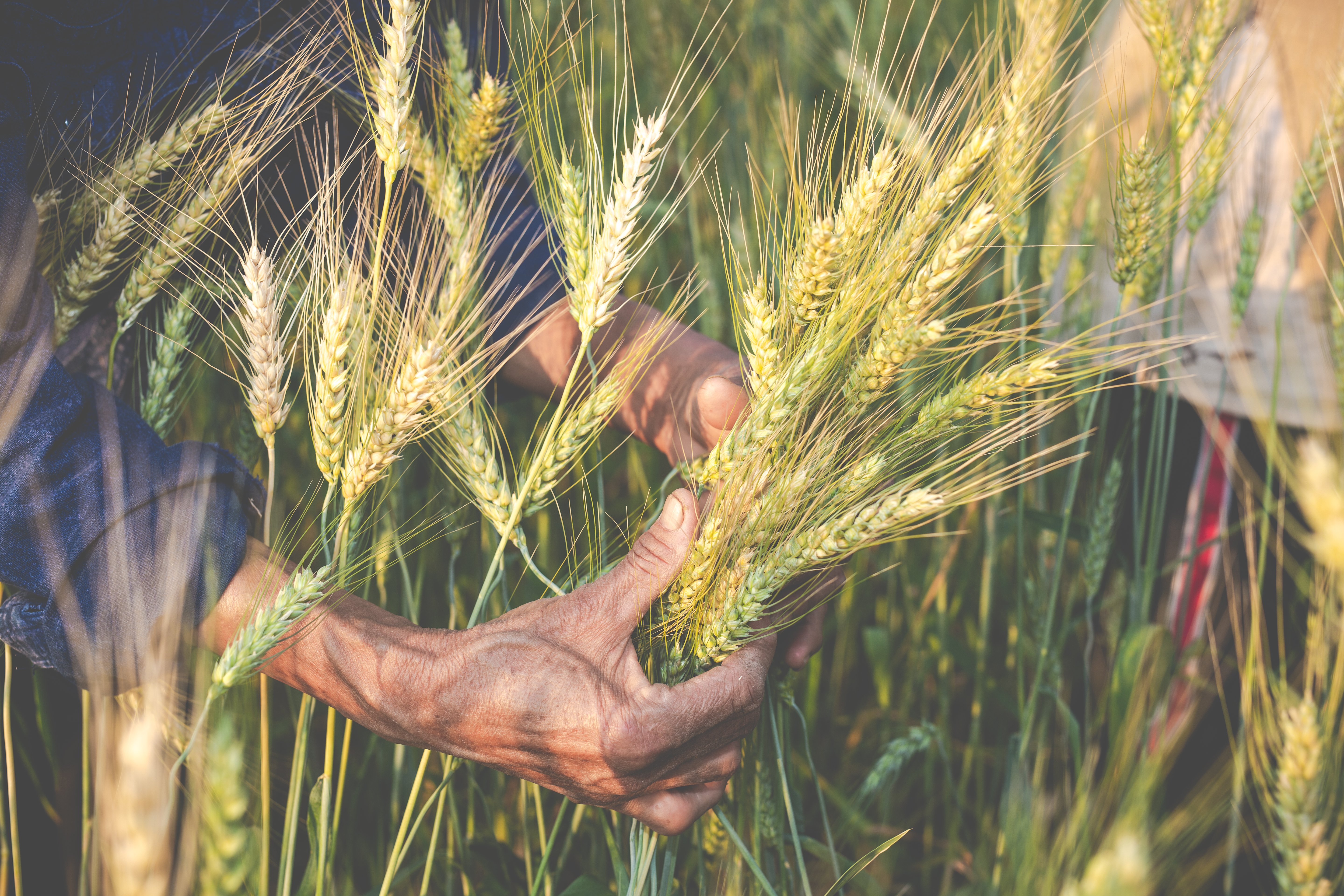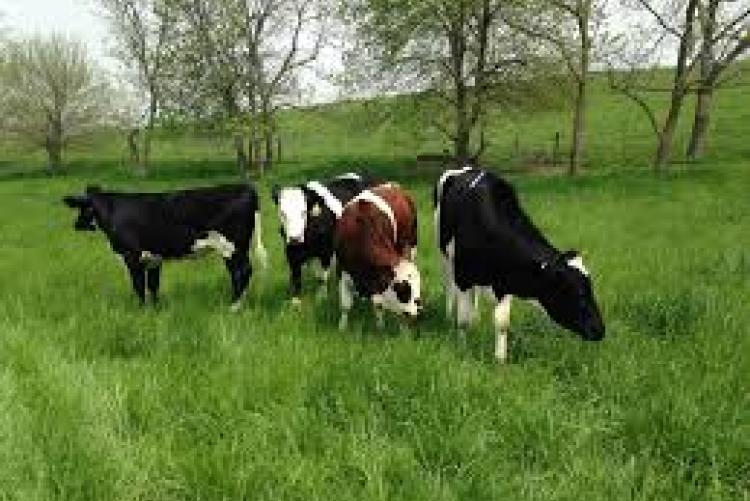
Course Title: Crop Production
Course Description:
This course provides an in-depth study of the principles and practices of crop production, focusing on the cultivation of a variety of crops for both subsistence and commercial purposes. Students will explore the key factors influencing crop growth, including soil health, water management, climate conditions, and pest control. The course will cover the full crop production cycle, from seed selection and planting to harvesting and post-harvest management. Practical topics such as crop rotation, nutrient management, and sustainable farming practices will be emphasized to ensure long-term productivity and environmental stewardship.
Through hands-on learning experiences and case studies, students will gain valuable knowledge in crop management, including integrated pest management, weed control, and disease prevention. They will also develop skills in analyzing crop performance, identifying challenges in the production process, and applying innovative solutions. Upon completion, students will be equipped to contribute to the advancement of crop production systems, with an understanding of the economic, environmental, and social factors that shape modern agriculture.
Learning Outcomes:
- Understand the fundamentals of crop physiology and growth.
- Apply knowledge of soil and water management techniques to optimize crop yields.
- Identify and manage common pests, diseases, and weeds affecting crop production.
- Evaluate the impacts of climate change on crop productivity and develop strategies for adaptation.
- Implement sustainable farming practices that enhance crop production while minimizing environmental impact.
This course is ideal for students pursuing careers in agronomy, agricultural science, farm management, or any field related to food production and sustainable agriculture.
- Teacher: Catherine Jepkoech

Course Summary: Animal Production
This course provides an in-depth understanding of the principles and practices involved in the production of livestock and other animals for food, fiber, and other products. Students will explore key aspects of animal husbandry, including breeding, feeding, health management, and housing systems. The course also covers the impact of genetics, nutrition, and welfare on animal productivity, alongside sustainable farming practices and ethical considerations. By the end of the course, students will gain practical knowledge on optimizing production efficiency, ensuring animal well-being, and understanding the economic and environmental challenges in the animal production industry.
- Teacher: Catherine Jepkoech
